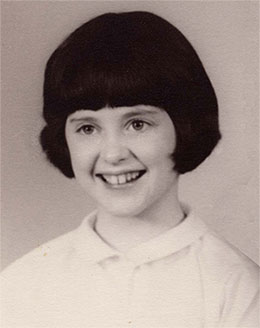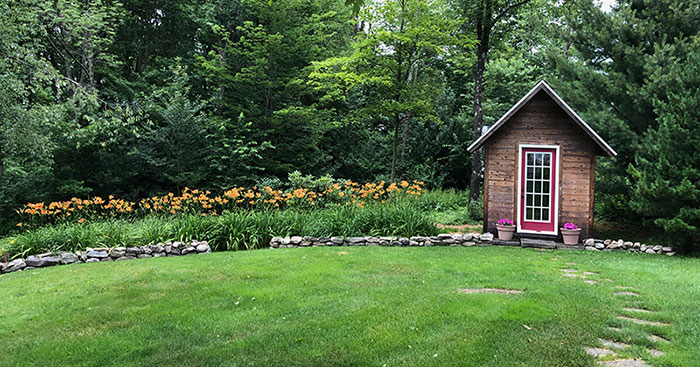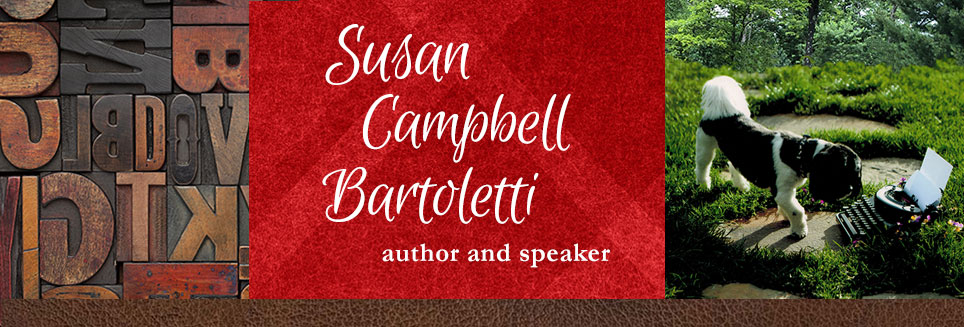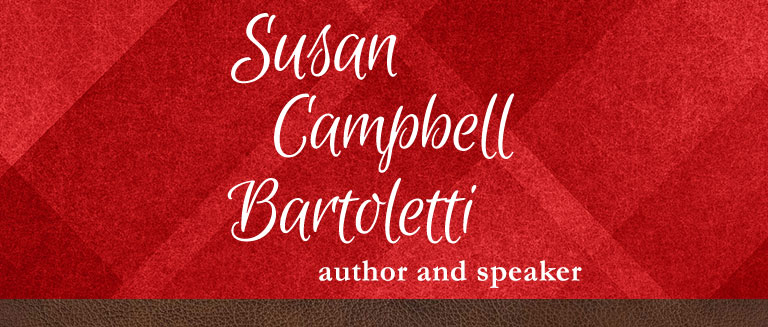About Susan
a writer, a teacher, a work-in-progress
Growing up, I had no idea that I wanted to be a writer. I did know that my liver burned with envy when my older brother was given a green leather-bound diary with a small gold lock and tiny gold key. I was in third grade and longed for a diary of my own.
The next year, I began to keep a secret notebook. I began the habit of scribbling notes and journal-keeping, something I continued throughout elementary school and high school and college and continue to do today.


Our elementary school didn’t have a library, but when we moved, my new school had the greatest invention ever—the bookmobile. A library on wheels!
The next year, 7th grade, the new middle school opened, and it had a real library. Rows and rows of books!
I joined library club. During activity period, I loved to perch on the tall stool behind the checkout desk and stamp due dates into books. I loved shelving returned books and helping others use the card catalog.
One day, I surprised the librarian. Without telling her, I shelved the books on the overly full return cart. Her surprise turned to dismay: the books hadn’t been checked in. My face burned with shame. I worried she’d fire me, but she didn’t.
The best thing about library club was the premier access to books. By 8th grade, the librarian told me she had nothing left for me to read. “You have read the library out,” she said.
In 11th grade, I learned how to research and write a research paper. (If you love school supplies as much as I do—pencils! index cards! post-it notes!—then you might like writing a research paper, too.) The research paper was a lesson that served me well throughout college and grad school—and to this day.
Despite my secret notebooks and my love of reading and books and research and school supplies, however, I still didn’t know that I wanted to be a writer.

At the end of 11th grade, I left high school to attend college.
Each semester I filled my schedule with literature classes. One semester I took a creative writing class and wrote short stories and poetry for the first time. Another semester I interned as a journalist at a local newspaper.
I still didn’t know I wanted to be a writer.

Within days of my college graduation, I was offered a job teaching eighth-grade English. I said yes. I never intended to teach, and I never thought I’d stay, but I did. For the next eighteen years, I taught eighth grade.
It felt good to see my students grow as writers. They inspired me to practice what I preached. I joined a writer’s group and got serious about my own writing. At last, I began to see that I might, just maybe, want to be a writer.


My journey as a writer, like the journey of every writer, is the story of taking time to write. When I taught full-time, I wrote between 4 and 6 am.
It’s the story of finding my voice, my audience, and my subjects. It’s the story of so much more than I tell here.
It’s the story of rejection letters. Each rejection spurred me on, telling me to try harder, to learn more about the craft, to learn more about revising, to read more, to write more, to dig in.
Over time, I sold a short story. Then another. And another. Then a picture book. Then another picture book and a nonfiction book and a novel and another nonfiction book. By and by, the time came for a difficult decision: either teach full-time or write full-time.
I already had one career that I loved — teaching. Was it time for another? Could I make it as a full-time writer?
“Leap and the net will appear,” a friend told me.
And I did.
And it did.

